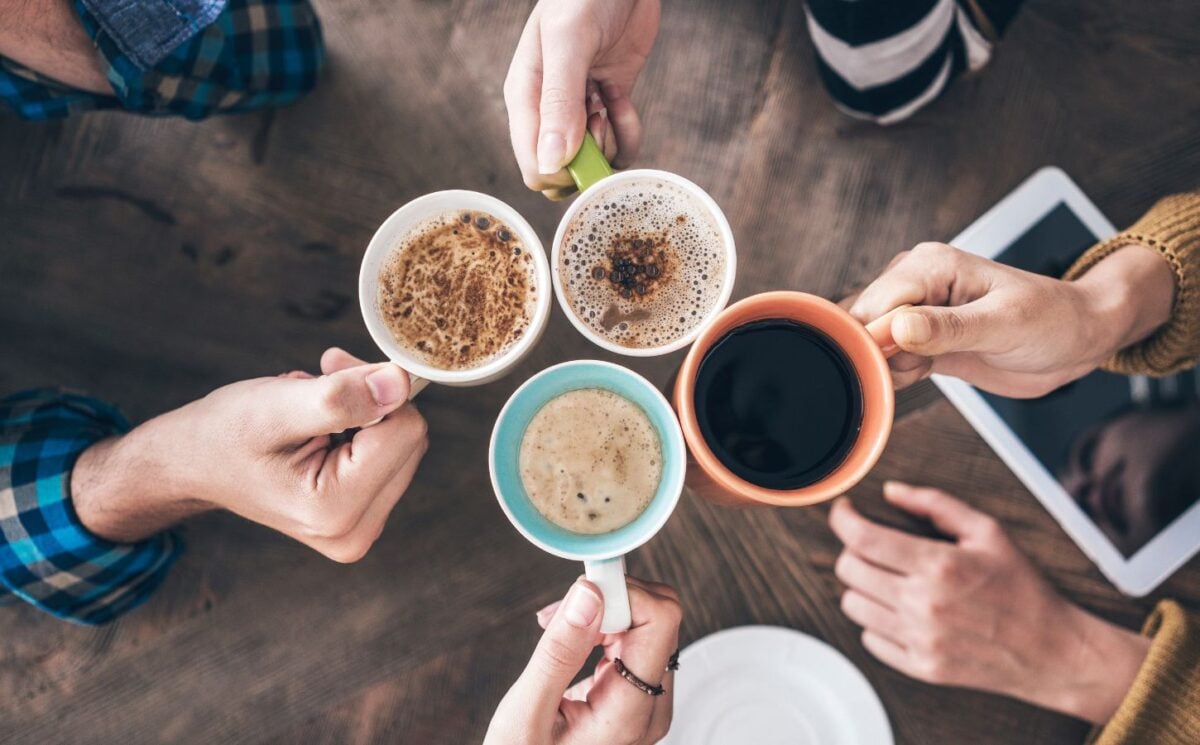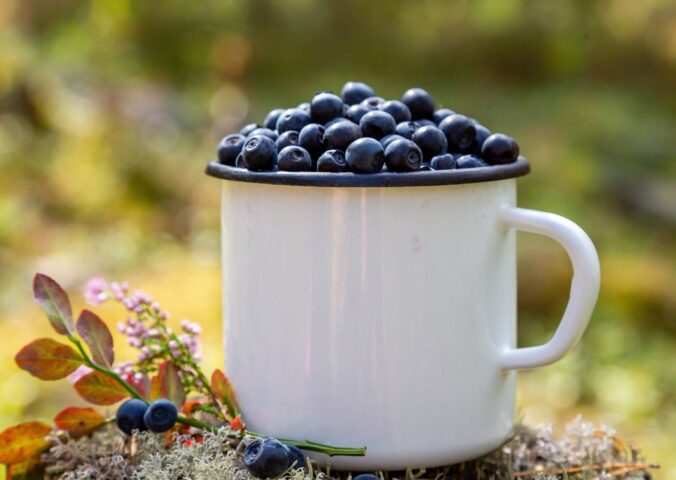If you’ve ever wondered why some people sip espresso like water while others end up wired at 3 am, you’re not alone. Coffee divides people – sometimes within the same household – into those who thrive on it and those who suffer the consequences.
Mic the Vegan, a popular science communicator with a Master of Public Health and a background in sustainability, admits he has always felt like “a little weakling when it comes to consuming coffee.” That question of why drove him to explore coffee’s health effects in a recent video, drawing on dozens of studies on coffee’s health benefits, mental health impacts, cardiovascular effects, and even the role of genetics.
Read more: Coffee Linked To Possible Anti-Aging Effects, Study Finds
Mic, who has built his YouTube channel on scrutinizing nutrition research with humor and rigor, sets the stage with transparency. “I’m not a coffee hater and I’m not a coffee addict. So, I’m just going to give it to you unbiased.” The result is an hourglass-shaped view of coffee: broad evidence of benefits on average, a narrowing toward specific risks in vulnerable groups, and then back out again to a nuanced, population-level perspective.
How coffee stimulates – and why that can be good (or bad)
Caffeine works by blocking adenosine, the compound that makes us sleepy, while also boosting dopamine receptor activity and adrenaline. This cocktail makes coffee the world’s most popular stimulant. One of the most striking findings Mic points to is a randomized crossover trial where the same participants walked around 1,000 more steps per day on coffee compared with no coffee. That boost alone could account for part of the reduced cardiovascular mortality consistently linked with moderate coffee intake.
Coffee also sharpens cognition: reaction times, processing speed, and even esports performance can improve. But overstimulation carries a cost. “I will occasionally have a little bit of spice of anxiety from coffee,” Mic admits, noting that high doses can provoke anxiety even in otherwise healthy people and, in some, trigger panic attacks. A potential remedy is L-theanine, an amino acid from green tea. In one study he cites, adding it to caffeine lowered anxiety, possibly by inducing meditative brainwave patterns.
Heart health
Across the general population, moderate coffee drinking is associated with a 10 percent to 20 percent reduction in all-cause mortality. Mic highlights especially encouraging data for people with a history of heart attack: “Higher coffee consumption, defined as two or more cups of coffee per day, resulted in a 40% lower risk of mortality in general.”
Still, risks emerge for those with uncontrolled high blood pressure. Mic references a Cleveland Clinic cardiologist who says “a morning cup of coffee can potentially raise your blood pressure by up to 10 points.” For people with grade 2-3 hypertension, an American Heart Association study found that two to three cups per day doubled cardiovascular mortality.
Coffee’s effect on blood flow also raises questions. A single 250 mg dose can reduce resting cerebral blood flow by up to 30 percent. While habitual drinkers may adapt, long-term heavy intake has been linked with late-life brain changes called white matter hyperintensities.
Mental health: anxiety risk vs depression benefit
Coffee’s relationship with mental health is one of contrast. Higher doses can elevate anxiety and panic risk, but observational studies also suggest coffee protects against depression. As Mic puts it, “Both tea and coffee have positive effects for depression.” People drinking two or more cups a day had a 32 percent lower prevalence of depression compared with non-coffee drinkers.
Not everyone processes caffeine the same way. The CYP1A2 gene controls how fast the liver breaks it down. Slow metabolizers face dramatically worse outcomes: one study found that those drinking two or more cups a day had twice the risk of heart attack.
Sleep also suffers more in this group. Mic checks his own results and finds he is an “AC combination, which is an intermediate metabolizer. I’m not a great metabolizer and I’m not a horrible metabolizer.” Another gene, ADORA2A, also affects caffeine’s impact on sleep, highlighting just how individual the coffee response can be.
So… Should you drink coffee?

Mic concludes that coffee is neither good nor bad; it just depends on who’s drinking it. On average, moderate intake lowers mortality, boosts cognition, and may even protect against depression and Alzheimer’s disease. For many, coffee is a reliable health-positive habit.
For others, the story looks different. People with very high blood pressure may be putting themselves at greater cardiovascular risk with two to three cups daily. Slow caffeine metabolizers are more likely to see disrupted sleep and higher heart attack risk at even moderate doses. And those consuming six or more cups per day could be trading short-term stimulation for long-term dementia risk.
Coffee is also healthiest when it’s just coffee. Adding cream or cow’s milk can blunt benefits, while plain black coffee or plant-based alternatives keep the antioxidant edge intact. Timing matters, too, and drinking it in the morning appears more beneficial than in the evening, when it may erode sleep quality. And for those prone to jitters, pairing coffee with L-theanine is a research-backed way to soften caffeine’s sharper edges.
Mic closes on the reminder that individual biology is the final filter: “Twice the risk of heart disease if you don’t have the right caffeine metabolism genes. Like that just blows my mind.” For some, coffee can be a daily ally. For others, moderation or avoidance is the smarter path. Either way, the research shows coffee is not one-size-fits-all. It’s a potent, plant-based drug, and one worth understanding before you pour another cup.
You can find more videos about vegan health, science, and nutrition on Mic the Vegan’s YouTube channel.
Read more: Is Decaf Coffee Really Unsafe? What You Need To Know






